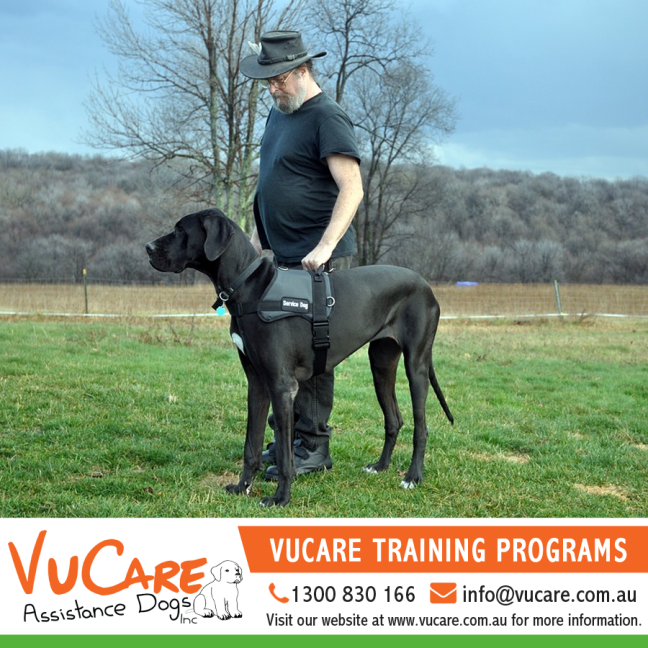
Find out tips for supplies to take along, climate preparations, and dog health when traveling internationally.
What will you bring?
- Food and Nutritional Supplements
- Figure out what you can bring along with you and purchase the rest of the food and supplies.
- Make certain that the food is manufacturer-sealed in its bundle. Consult your pet food supply shop for sample packs for aviation.
- For short trips or dog food or other allergies, take what you may need (i.e. food, medication, shampoos) to travel.
- For longer excursions, order food and supplies online or direct from the manufacturer and get it sent to your destination. Many nations also have pet shops locally too.
- Keep the medicine in original prescription bottles, sealed, and with a note describing what the medication is and its purpose.
Climate
- Think about the climate from which you’re coming since the dog will have their summer or winter coat.
- When traveling from a cold climate to a warm climate, acclimatize your assistance dogs by:
- Shaving the coat if possible
- Brushing the coat frequently
- Adding Pedialyte® to water bowls to prevent dehydration
- Placing freezer packs in the pockets of vests to cool the body down
- Purchasing a “cooler” collar to wear
- Purchasing booties to protect the dog’s pads, if applicable
When traveling from a warmer climate to cold weather, consider:
- Purchasing vests/coats with insulation
- Purchasing booties to protect the dog’s pads, if applicable
- Brushing the coat frequently.
- Some dogs will want to get used to some new equipment before being able to work without being distracted by it.

How do I maintain my guide dog healthy?
Carry a pet first aid kit with you, or supplement yours with what your assistance dog requirements.
Require a pet first aid class. Even if you can not physically perform the needed action you might have the ability to instruct another individual and save your assistance dog’s life.
Identify veterinarians in the regions you intend to travel. Keep their names and contact information in a convenient, safe location.
Set aside money for health certificates, vet visits, and penalties related to traveling with an animal.
Carry a head halter and/or muzzle. Ensure that your assistance dog was introduced into these items before traveling. Some areas may require a muzzle or muzzle as an instrument for dogs in public.
Care for yourself. Your service dog depends upon you as much as you do them. Ensure that you are in good health so that you can care for your assistance dog.
Have a backup plan to fulfill your needs in the event your assistance dog isn’t permitted to accompany you or becomes unable to operate.

If you’re searching for assistance dogs in Australia, check out VuCare Assistance Dogs. VuCare functions as a not for profit organization that offers aid with medical aids and has a goal to train Assistance Dogs and Companion Dogs to enhance the quality of life and increases the level of independence for individuals with disabilities. VuCare Assistance Dogs and Companion Dogs provide their new owners greater liberty increased mobility, improved confidence, and greater self-esteem.
To learn more call us on 1300 830 166 or email us at info@vucare.com.au. Visit VuCare Assistance Dogs site at http://vucare.com.au.














